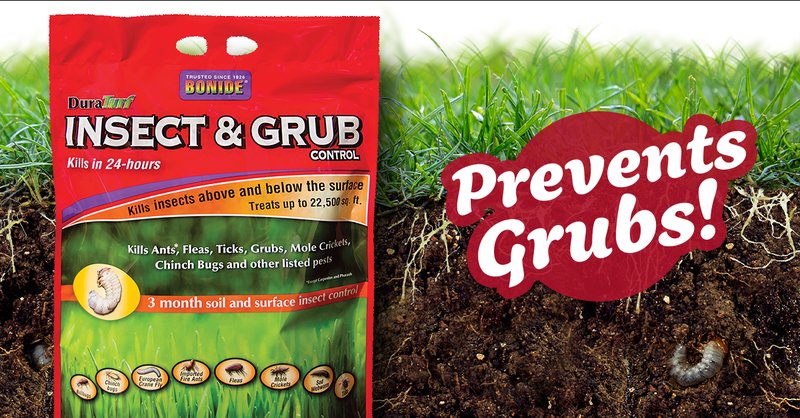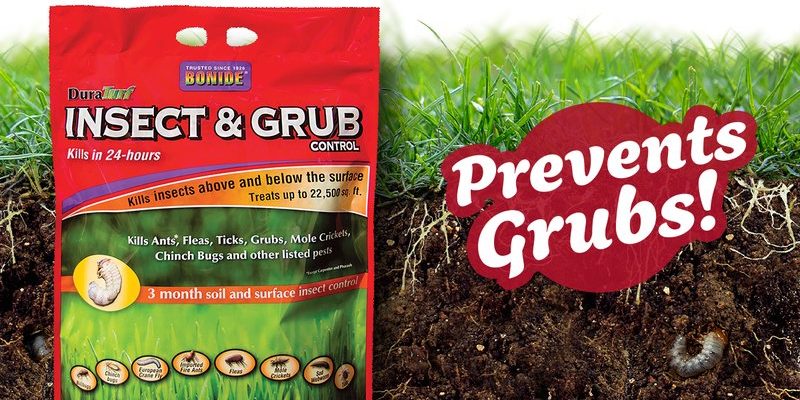
Think of your lawn as a vibrant eco-system, similar to a bustling community where every part plays a role. When one element, like grub worms, disrupts that balance, other aspects suffer too. Instead of reaching for chemical pesticides that might cause more harm than good, we can turn to natural, eco-friendly solutions. These methods not only help eliminate grub worms but also encourage a healthier environment for beneficial insects and wildlife. Ready to dig in? Let’s uncover how to keep your lawn grub-free without those harsh chemicals.
Understanding Grub Worms
Before we jump into prevention methods, let’s take a moment to understand what grub worms are all about. Grub worms are the larvae of various types of beetles, most commonly Japanese beetles, June bugs, and chafers. They tend to thrive in warm seasons and can cause significant damage if left unchecked. Typically, they grow to about 1 inch long and have a C-shaped appearance, often found just beneath the surface of the soil munching on grass roots.
You might be wondering why these little critters are such a big deal. Well, when grub worms feast on grass roots, they can lead to patchy, yellowing areas in your lawn. These patches can easily die off, leading to unsightly brown spots that can be tricky to fix. Since their presence indicates an imbalance in your lawn’s ecosystem, understanding them is the first step to control.
Fortunately, knowing when they appear can help you prepare. Grubs are usually most active in late summer to early fall, which is when adult beetles lay their eggs. Keeping an eye out during this time can be crucial for prevention.
Encouraging Beneficial Predators
One of the best ways to prevent grub worms is to invite their natural predators into your yard. Nature has a way of balancing itself, and by encouraging birds, beneficial insects, and other natural enemies, you can keep grub populations in check. For instance, birds like sparrows and starlings love to snack on grubs.
So, how can you attract these helpful critters? Start by creating a welcoming environment:
- Provide Food Sources: Plant native flowers and shrubs that produce seeds and berries.
- Install Birdhouses: Create habitats for birds to nest comfortably.
- Limit Pesticide Use: Avoid chemicals that can deter birds and beneficial insects.
You might find that attracting these natural predators not only helps with grub management but also enriches the overall biodiversity of your garden.
Soil Health Is Key
Healthy soil is essential for a thriving lawn, and it can do wonders for preventing grub worms. When your soil is rich in nutrients and teeming with beneficial microorganisms, it supports healthy grass roots, which can better withstand grub damage. Healthy grass is often more resistant to pests and diseases.
To improve your soil health, here are a few simple practices:
- Regular Aeration: Aerate your lawn to help reduce compaction and allow nutrients to penetrate deeper.
- Composting: Use compost to enrich your soil, providing diverse nutrients that promote strong grass growth.
- Test Soil: A soil test can identify nutrient deficiencies and pH imbalances.
By focusing on the health of your soil, you’re essentially creating a less hospitable environment for grub worms and other pests, while nurturing your lawn’s vitality.
Natural Repellents and Treatments
If you already have a grub problem, consider using natural repellents. There are several DIY solutions that can effectively deter grubs without resorting to chemicals. Here are some you might want to try:
- Neem Oil: This natural pesticide can interrupt the life cycle of grubs when applied to your lawn.
- Cayenne Pepper: Mixing cayenne pepper with water and spraying it on affected areas can deter them.
- Beneficial Nematodes: These microscopic worms can be introduced into your soil and will hunt down and kill grubs.
By using these natural remedies, you can tackle grub worms effectively and safely. Just be consistent with your applications, and you’ll likely notice some positive changes in your lawn over time.
When to Water and Mow
Believe it or not, how you water and mow your lawn can also influence grub worm populations. Proper lawn care practices play a big role in keeping grubs at bay. Here’s what to keep in mind:
– **Water Wisely**: Instead of frequent light watering, give your lawn deep, infrequent watering sessions. This encourages deep root growth, making it harder for grubs to reach them.
– **Mowing Height**: Mow your grass at a higher setting. Taller grass has deeper roots and can better withstand drought and pest stress. Plus, it might even shade the soil, making it less appealing for grubs.
By adjusting these simple practices, you not only reduce the chances of grub infestation but also enhance the overall health of your lawn. It’s a win-win situation!
Regular Lawn Maintenance
Lastly, regular maintenance is crucial for keeping grub worms and other pests from settling into your yard. Here’s a few key maintenance steps to consider:
- Scouting: Regularly inspect your lawn for early signs of grubs or damage.
- Topdressing: Apply a thin layer of compost or organic matter over your lawn to improve soil structure and health.
- Reseeding: If you notice thin patches, reseed them promptly to strengthen your lawn.
Establishing a routine can make a significant difference in the health of your lawn. You might find that addressing small issues early on prevents larger problems down the road.
Preventing grub worms doesn’t have to mean turning to harsh chemicals. By implementing a variety of natural strategies—like encouraging beneficial predators, focusing on soil health, using natural repellents, and maintaining your lawn regularly—you can create a beautiful and healthy lawn while protecting the environment. Remember, a well-cared-for lawn is often the best defense against pests. So grab your gardening gloves and get started on creating an eco-friendly, grub-free oasis in your backyard!

